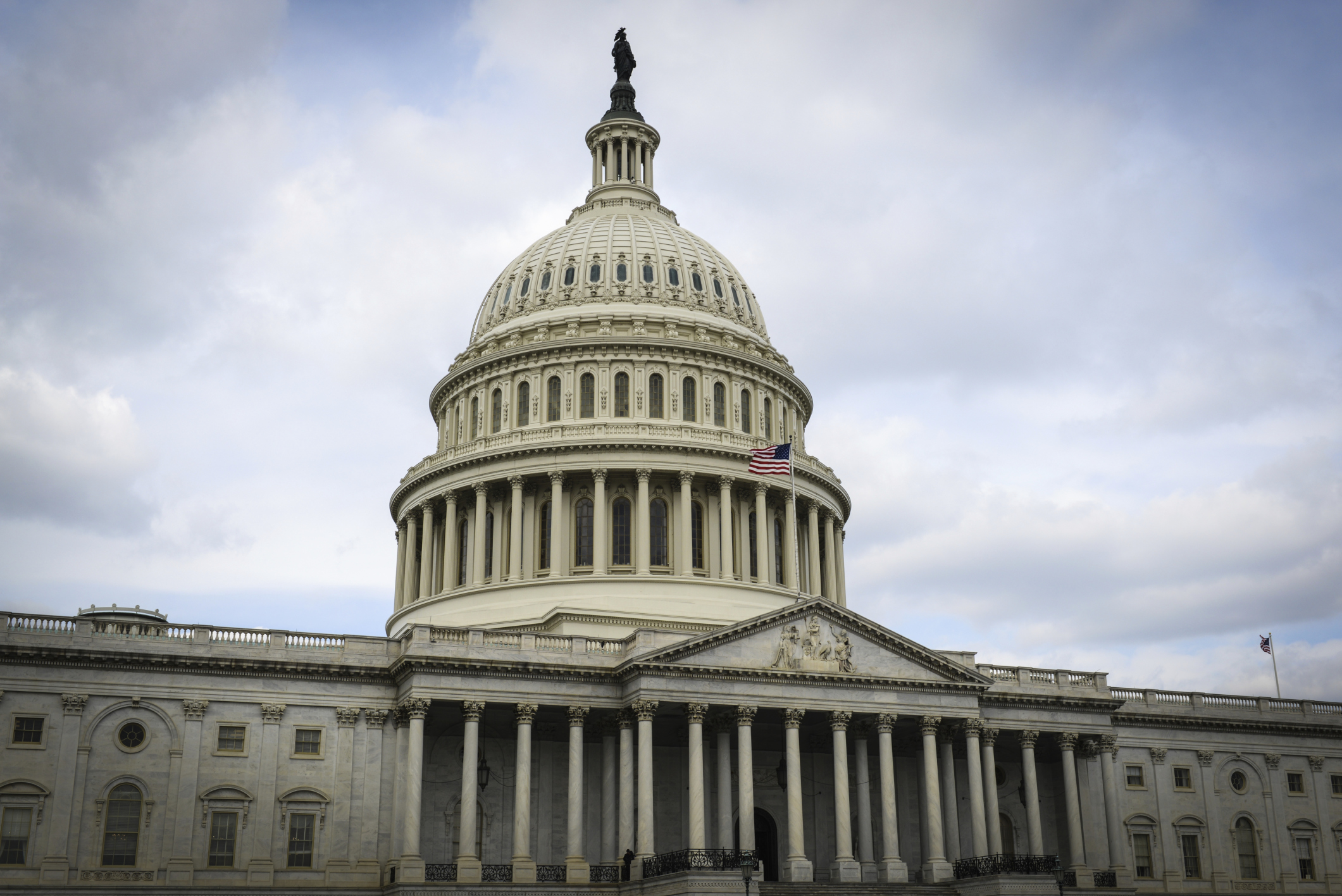
The Regulatory Review post sparks further debate over recent bill to curb negotiated agreements about rulemaking.
Who should set regulatory agendas? Perhaps ideally well-qualified individuals appointed by the President and confirmed by the Senate, and they should do so after soliciting public comment and carefully weighing competing interests. Sometimes, though, regulations actually originate through a less visible process, as when an organization files a lawsuit to compel agency action and the agency settles the case out of court by agreeing to initiate new rulemaking proceedings. When agencies acquiesce to plaintiffs’ demands, they may give the litigating organizations a potentially outsized influence over the agency’s policies and allocation of resources.
So-called “sue-and-settle” tactics have gained much greater salience in recent decades. Some observers fear that these tactics may allow agency administrators to collude with friendly entities that sue them so as to achieve policy agendas that they could not achieve in the open. This phenomenon has caught the particular ire of politicians like Senator Chuck Grassley (R-IA), who has claimed that “sue-and-settle litigation allows federal agencies to short-circuit the controls that Congress has set in place to ensure transparency in the rulemaking process.”
In an effort to curtail opportunities for “sue and settle,” Senator Grassley recently introduced the Sunshine for Regulatory Decrees and Settlements Act of 2015. Together with an identical companion bill introduced by Representative Doug Collins (R-GA) in the House, the proposed legislation would limit an agency’s ability to enter into certain settlement agreements, allowing third parties – like regulated industry interests – to intervene before an agreement is reached. It would also require that the agreements be published in the Federal Register and that the agency solicit public comment on them. Senator Grassley previously put forth similar proposals in 2012 and 2013, although Congress has yet to enact them.
In a recent essay appearing in The Regulatory Review, Dan Walters, Regulation Fellow at the Penn Program on Regulation, argued that the Grassley bill is “much ado about nothing.” Walters noted that sue-and-settle rarely occurs, “at least in its worst possible form.” Furthermore, he argued that, perhaps counterintuitively, such “settlements add to the democratic character of what is otherwise a very shadowy forum” called rulemaking.
The Regulatory Review is excited to present a series this week that responds to and then builds on Walters’ argument, extending the debate over sue-and-settle. We feature an essay by Jamie Conrad, a highly-regarded practitioner with years of experience in Washington, D.C, who takes issue with Walters’ downplaying of sue-and-settle’s potential threats to the legitimacy of the rulemaking process. Then, we feature another essay by Walters, responding to Conrad’s critique.
New “Sue-and-Settle” Bill is Much Ado About Nothing
March 24, 2015 | Daniel E. Walters
A recent bill seeks to address growing concern about so-called “sue-and-settle” tactics, which critics allege amount to secret rulemaking. But sue-and-settle ought not to be controversial for two very fundamental reasons, and reforms aimed at slowing or discouraging the practice should therefore be carefully scrutinized.
We Shouldn’t Dismiss “Sue and Settle” – or Other Regulatory Problems
May 18, 2015 | Jamie Conrad
People who have spent their careers as environmental practitioners know that deadline lawsuits and settlements have largely dominated the EPA’s regulatory agenda for the last several decades. Most of us have also experienced the “sue and settle” game first-hand, sometimes from both sides, and can explain what’s wrong with it.
Sue-and-Settle Bill Threatens a Delicate Equilibrium
May 19, 2015 | Daniel E. Walters
Deadline litigation is a part of the current equilibrium of interest groups in the regulatory process, and I wrote to expose the sue-and-settle controversy as a more or less conscious effort to manipulate that balance in a manner less favorable to voices that are already underrepresented.



